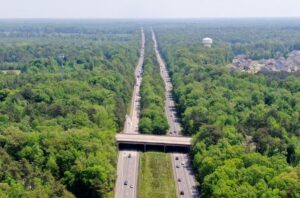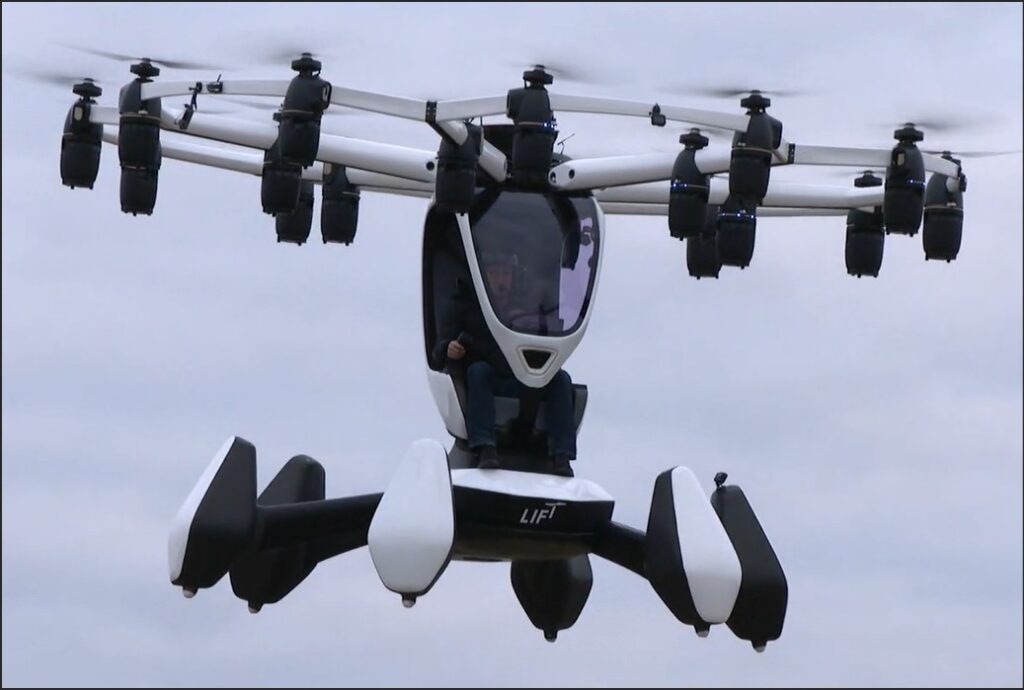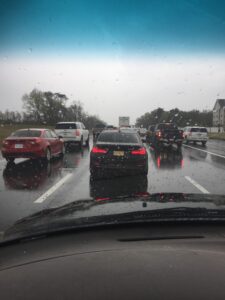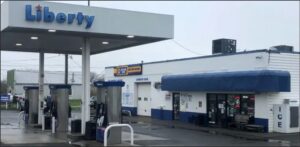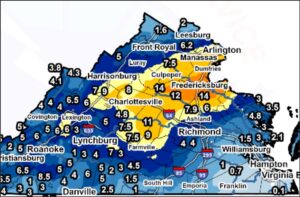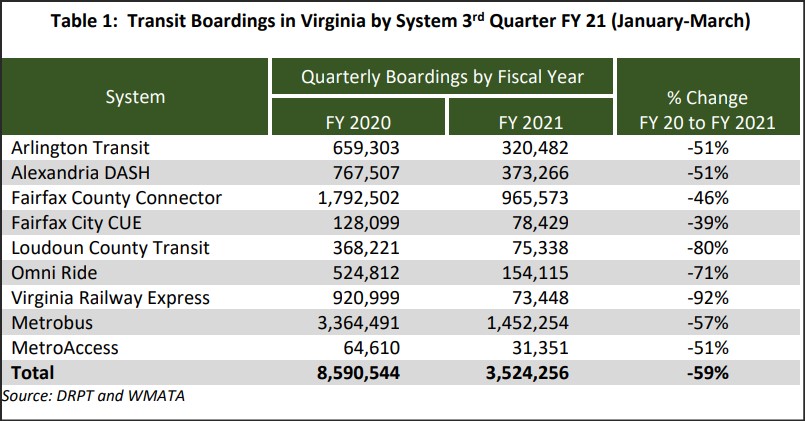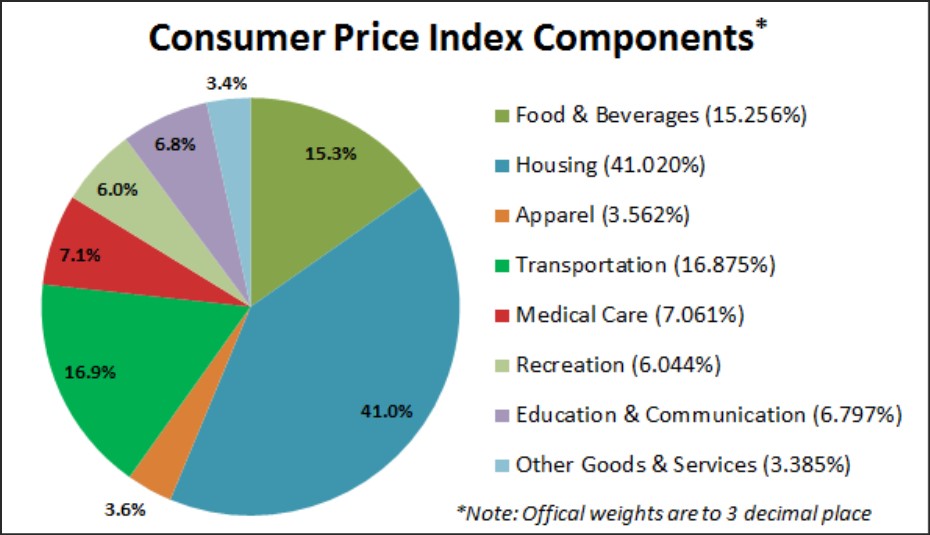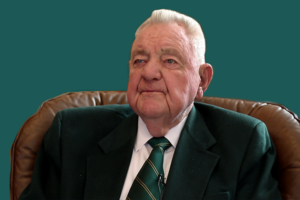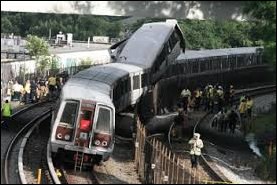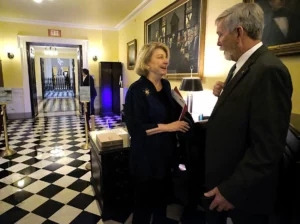
Sen. Janet Howell (D-Fairfax), chair of Senate Finance and Del. Barry Knight (R-Virginia Beach), chair of House Appropriations. Photo credit: Richmond Times Dispatch
by Dick Hall-Sizemore
The Richmond Times-Dispatch reports there is an agreement on the state budget. There have been hints in the news about it all week, with the General Assembly announcing that it would come back to Richmond June 1 to take up various measures. All the details will not be available until late Sunday or Monday, but the chairs of the two money committees have released the highlights.
I will defer to our tax expert, Steve Haner, to discuss the revenue aspects of the deal. It looks to be the compromise that he has said was on the table all along—some increase in the standard deduction (but not entirely what the Governor proposed) along with a refundable tax credit.
I want to focus on one surprise in the package that represents two major changes in state policy. The proposed deal includes $320 million in general fund appropriations this year and an additional $150 million in the future, contingent on revenue, to help fund the expansion of the “I-64 gap” between Bottoms Bridge near the Henrico/New Kent border and James City County. This is the project I wrote about earlier and, surprisingly to me, engendered a lot of comments. Continue reading



